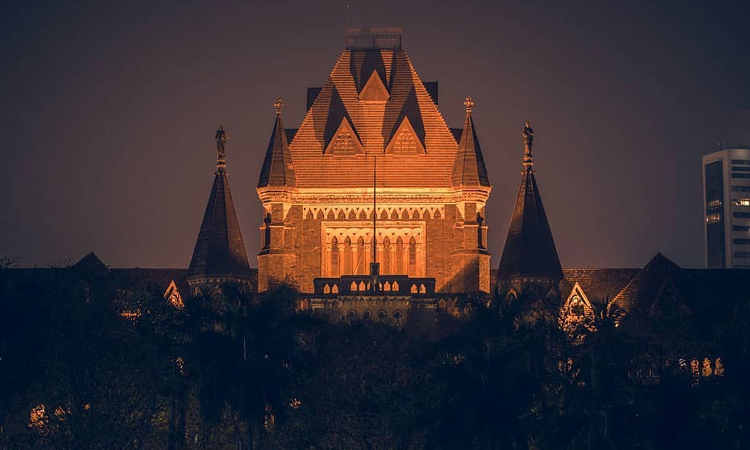Branding A Child As "Illegitimate" In Itself Amounts To Harassment: Bombay High Court
Amisha Shrivastava
14 Dec 2022 1:45 PM IST

Next Story
14 Dec 2022 1:45 PM IST
The Bombay High Court recently granted guardianship of a minor to her biological parents observing that the parents' plea cannot be rejected merely because Muslim law indicates that as an 'illegitimate child', she has no right to inheritance or descent. "This Court is of the opinion that since the petitioners in the present case are the biological parents...it would be a travesty...
